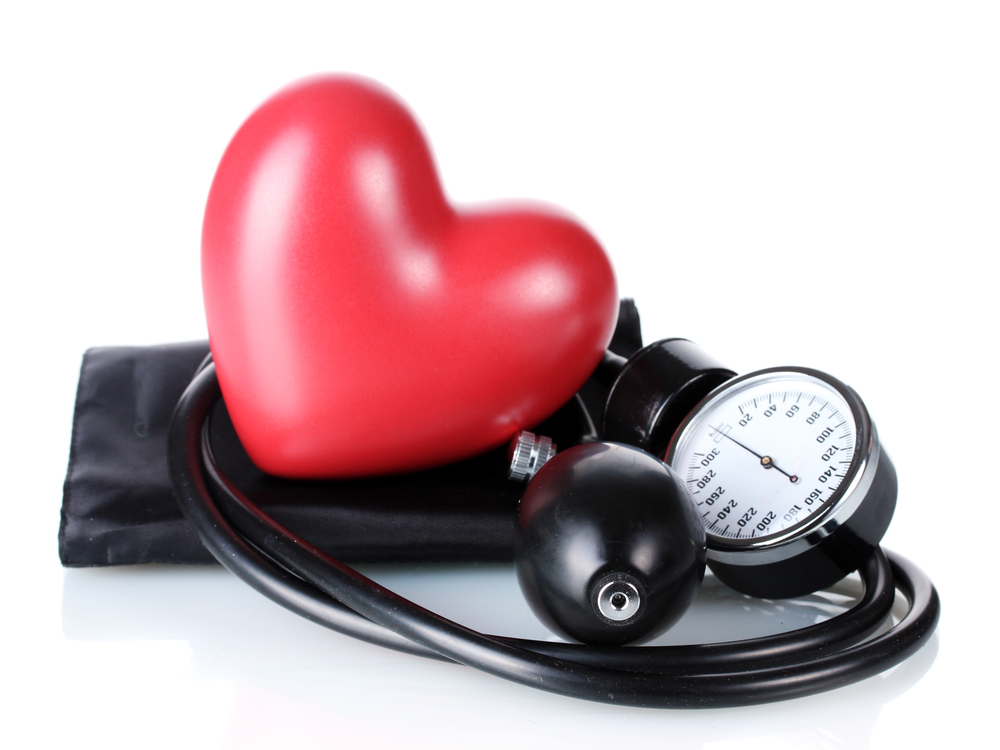Arq. Bras. Cardiol. 2023; 120(11): e20230737
Blood Pressure Response and Exercise Stress Echocardiography: New Perspectives on a Contemporary Challenge
This Short Editorial is referred by the Research article "Exaggerated Systolic Blood Pressure Increase with Exercise and Myocardial Ischemia on Exercise Stress Echocardiography".
Exercise substantially impacts the cardiovascular system and is associated with many potential benefits across different momentums of the cardiovascular continuum. , On the other hand, physical exercise has for several decades been postulated as a possible approach to assess the cardiovascular response. As such, this methodology could be of interest for diagnostic purposes while also providing prognostic information. While the maturation of protocols encompassing the electrocardiographic response to exercise provided major breakthroughs, novel techniques have allowed an expanded view of the complex interplay between exercise and the cardiovascular system. –
Exercise stress echocardiography (ESE) has progressively evolved into a highly relevant framework, namely when assessing coronary artery disease (CAD). Echocardiography also has the advantage of assessing components such as exercise capacity, diastolic function, dynamic gradients, and valvular heart disease. , Furthermore, blood pressure (BP) and electrocardiographic monitoring also provide pivotal inputs . Recent data also showcases the potential of combining with other techniques, such as lung ultrasound, to assess congestion. While, as illustrated in contemporary guidelines, ESE has garnered great interest (being preferred to pharmacological testing in patients able to exercise), there are still some caveats in its optimal application. ,
[…]
321

